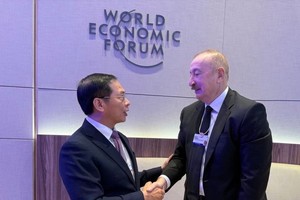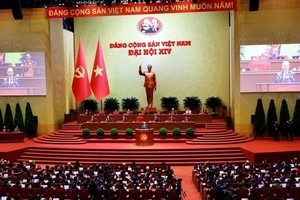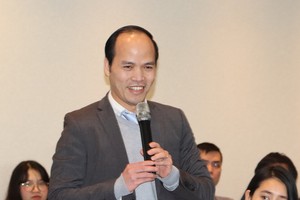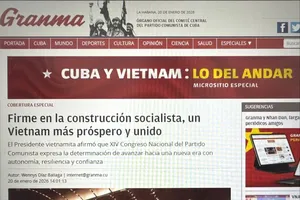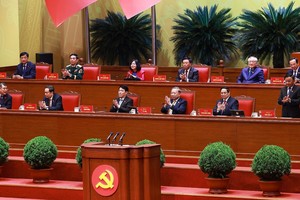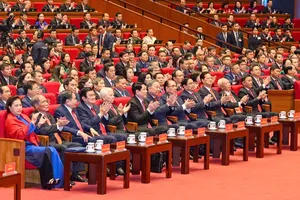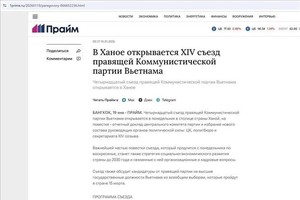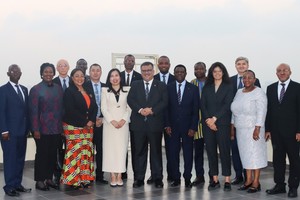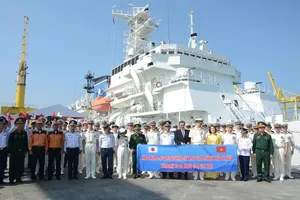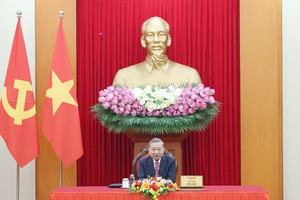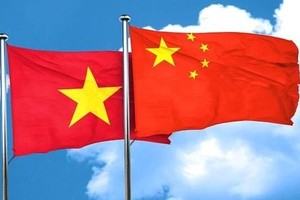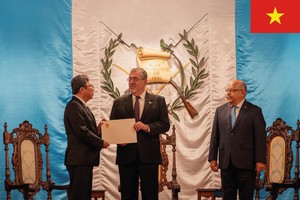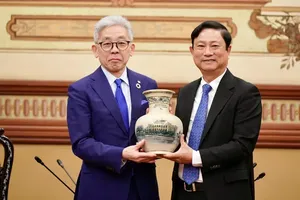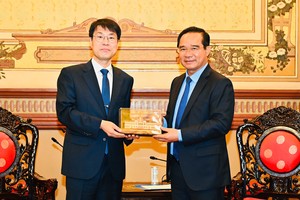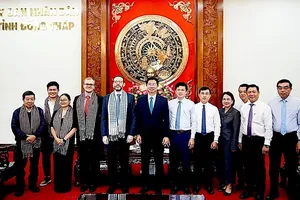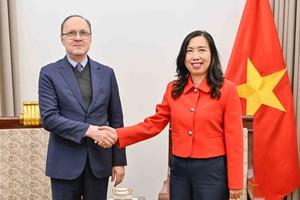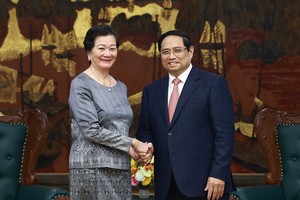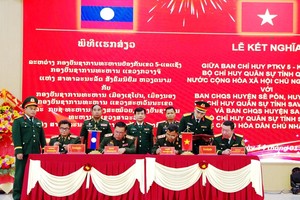Senior US and South Korean officials will hold talks Wednesday on North Korea's newly disclosed uranium enrichment programme and possible sanctions, the foreign ministry said.
Robert Einhorn, the State Department's special adviser for nonproliferation and arms control, will meet Wi Sung-Lac, South Korea's chief envoy to stalled six-party talks on the North's nuclear disarmament.
Einhorn arrived Tuesday for a four-day visit, leading a team of US officials who will continue discussions on a new civilian nuclear cooperation agreement between Seoul and Washington.
"During his visit here, North Korea's uranium enrichment programme and the issue of imposing sanctions against the North will also be discussed," a foreign ministry spokesman told AFP.
The North's main ally China last month blocked publication of a UN report criticising the uranium programme disclosed last November. It could give Pyongyang a new way to build nuclear weapons, in addition to its plutonium-based programme.
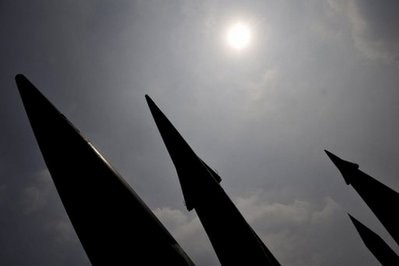
The panel report calls for tougher implementation of sanctions, according to diplomats.
South Korea wants the UN Security Council to address the uranium programme before any attempts to revive six-party talks. It describes the enrichment as a new violation of UN sanctions imposed following atomic tests in 2006 and 2009.
China has been trying to revive the six-party talks, which include Russia, the United States, Japan and the two Koreas and were last held in December 2008. It says the uranium programme should be handled at that forum.
South Korea has no nuclear weapons but relies on nuclear power plants to generate 30 percent of its electricity.
A 1974 nuclear cooperation accord with the US which expires in 2014 prevents South Korea from reprocessing fuel from its civilian plants.
But the South now has a radioactive waste stockpile of 10,800 tonnes and is running out of storage space.
The two sides are holding a second round of talks on rewriting the nuclear cooperation pact, after previous discussions in Washington last October.
At those talks the two sides agreed to launch joint research into Seoul's demand to adopt "pyroprocessing" technology, considered by some to be less conducive to proliferation.
